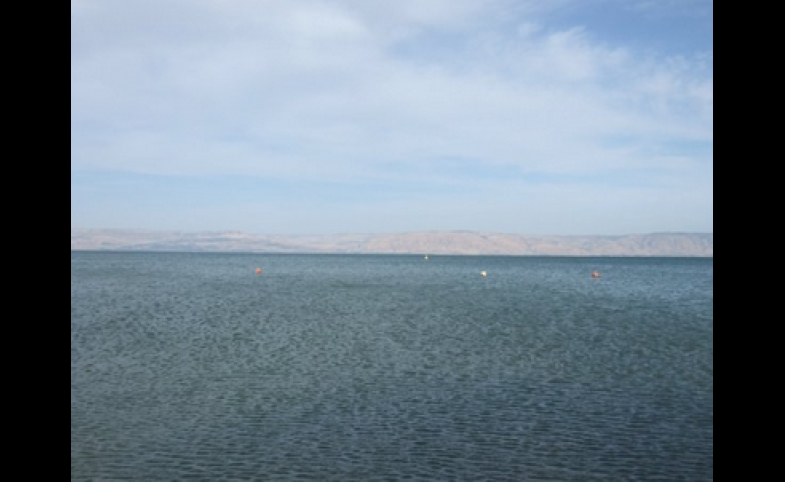On Thursday, Israeli Prime Minister Benjamin Netanyahu greeted more than 30 foreign diplomats assembled in Jerusalem for Israel's 2nd International Conference on Digital Diplomacy. The Prime Minister welcomed the diplomats...
KEEP READINGThe CPD Blog is intended to stimulate dialog among scholars and practitioners from around the world in the public diplomacy sphere. The opinions represented here are the authors' own and do not necessarily reflect CPD's views. For blogger guidelines, click here.

The Red-Dead Agreement: Water Diplomacy in the Middle East
On December 9, 2013 at the World Bank senior officials from the Israeli, Jordanian, and Palestinian governments signed a Memorandum of Understanding (MoU) to jointly manage the shared water resources of the Red Sea, Jordan River, and the Sea of Galilee (commonly known as Lake Tiberias or the Kineret). The agreement lays out the framework for the following: a joint desalination plant in Aqaba, Jordan at the head of the Red Sea where the water will be distributed to Israel and Jordan; the release of water from Lake Tiberias to Jordan; and the sale of 20-30 million cubic meters of desalinated water per year by Israel to the Palestinian Authority. It goes even further to link the brine produced from the desalination plant to the Dead Sea in an ecological experiment hoping to save the Dead Sea from destruction.
This MoU is a government-to-government water sharing agreement between countries that are hard-pressed to agree on much of anything, and this formal diplomatic overture is commendable. However, this agreement, water security, and the economic investments that will come with it have the power to build bridges between Israelis, Palestinians and Jordanians. That is if the governments choose to approach this water-sharing agreement as not merely an investment in future water security and tourism, but as a touchstone for peace.
During CPD’s 2012 research conference, Water Diplomacy: A Foreign Policy Imperative and through our Initiative, we discussed the opportunities water diplomacy affords the government-foreign public relationship. Our research stressed that water issues should focus on the publics through:
● strategic partnerships,
● mutuality in water relationships,
● technical training and assistance, and
● local community engagement.
The MoU begins with addressing these first three points, but has not gone as far as to engage with the local communities. The governments involved can easily speak to their publics through local leader engagement and the established NGOs working in this sector, such as Friends of the Earth Middle East. The leaders in the local villages and towns in and around Aqaba, Tiberias, along the Jordan River Valley, and on both sides of the Dead Sea, should be approached by the governments and brought into this conversation. Town halls can be held to emphasize how this water sharing agreement positively impacts individual lives through better access to stable water resources and economic growth opportunities. A joint publicity campaign sponsored by all three governments through traditional and social media could garner public support for this water agreement, while at the same time socialize the three publics to understand that their governments are working together for the benefit of the people. Simple actions which require relatively minimal resources that stress these mutually beneficial relationships can only bolster the current diplomatic discussions taking place between Israel and the Palestinian Authority. If water stress can easily create conflict, water relief should be leveraged to create peace. Israel, Jordan, and the Palestinian Authority must not let this historic agreement be relegated to the history books, but to bring it to the people to ensure not only a water-secure future for the Levant, but to facilitate stable relationships between the governments and encourage peace between the peoples.
Visit CPD's Online Library
Explore CPD's vast online database featuring the latest books, articles, speeches and information on international organizations dedicated to public diplomacy.
POPULAR ARTICLES
-
January 29
-
January 20
-
January 28
-
January 2
-
January 8
Join the Conversation
Interested in contributing to the CPD Blog? We welcome your posts. Read our guidelines and find out how you can submit blogs and photo essays >.













